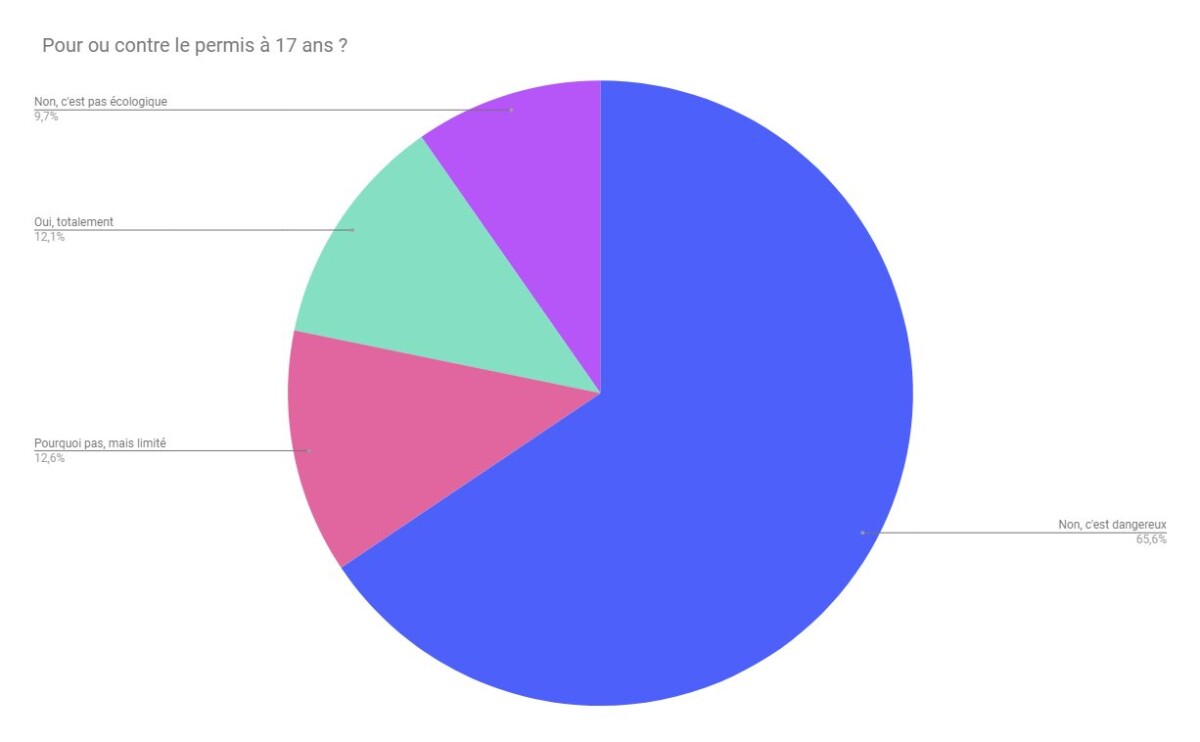Prime Minister Élisabeth Borne has announced that she wants to let 17-year-olds drive cars alone from January 2024. A decision that has sparked many reactions and debates, but for you, the situation is clear: it’s too dangerous.
Elisabeth Borne has announced it: from January 2024, you will be able to pass your license from the age of 17 and drive from the age of 17. Until now, even if accompanied driving existed, you could only drive alone at 18 with a B license. A government decision that divides on several levels.
Being able to drive alone from the age of 17: the government divides
From a youth mobility perspective, this decision could allow those living in areas where public transport is underdeveloped to still get around. This is an important issue, especially for apprentices who need to get to work. This raises the question of the development of public transport.
But for others, it would amount to causing road accidents, especially since it is the leading cause of death among young people aged 18 to 24. One of the other issues raised is environmental: extending the legal age to have the license means creating an increase in greenhouse gases and global warming. Unlike other solutions: public transport, cycling or walking.

Some may think it’s unnecessary, since license-free cars already exist. They allow you to travel without having a driving license. However, the “without P» as they are called in Marseille (where they meet with some success, like the Citroën Ami), are often more expensive and reserved for the upper social classes. Also, they are never used for long, a few years at most. But precisely, this could recreate equality by leaving the possibility for young people to drive cars “classics“.
You are mostly against
In total, you are 76% of respondents to think that it is not a good idea: 66% of the total because it is dangerous and 10% because it is not ecological.

You are all the same a hundred (13%) to consider this possibility if restrictions apply, in particular with regard to the maximum speed, and almost as many (12%) to find that it is unconditionally a good measure.
In either case, your arguments agree. Rémi WLBRCK reminds us, for example, that the rate of fatal accidents among young people (18-24 years old) is very high. Zaefir for his part judges that the madness done by car by these 17-year-old drivers would anyway be done in carts or two-wheelers, vehicles that are much less protected. This remains subject to debate.
To follow us, we invite you to download our Android and iOS application. You can read our articles, files, and watch our latest YouTube videos.
